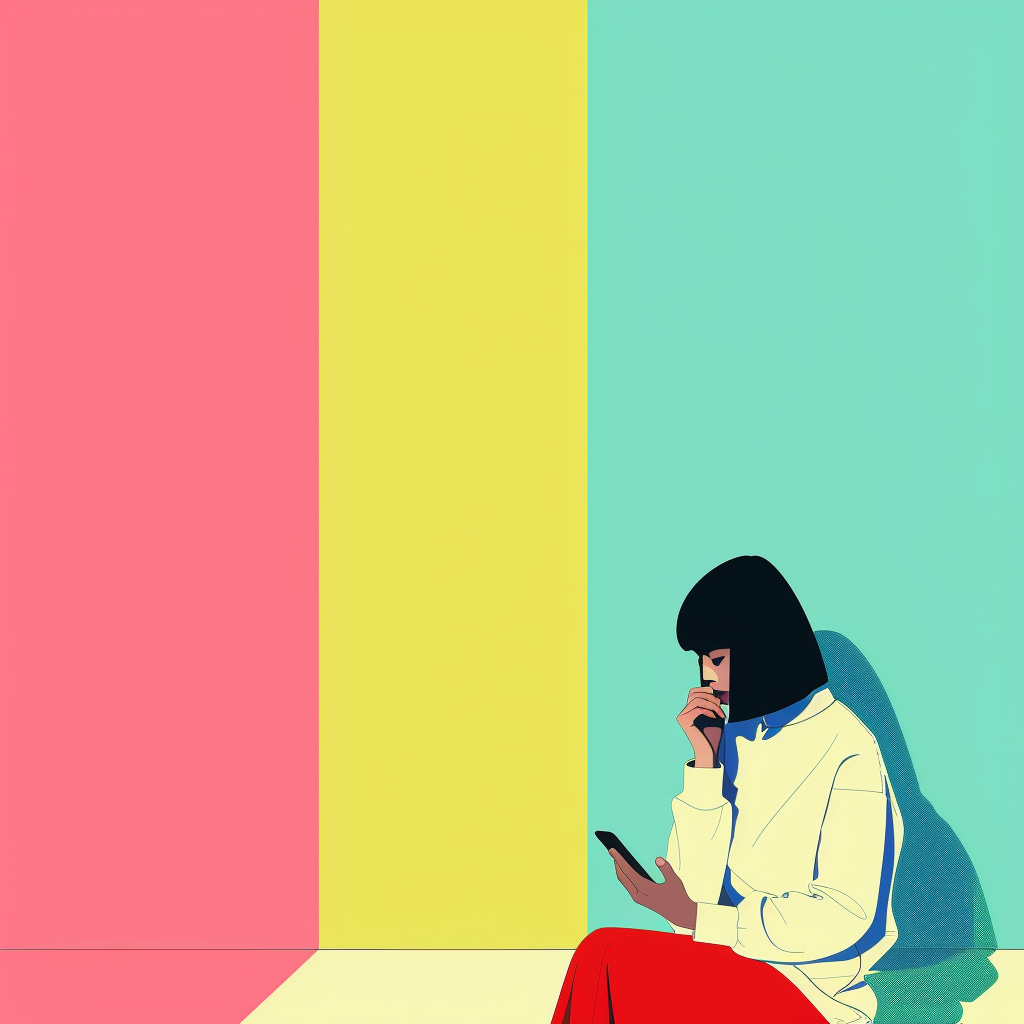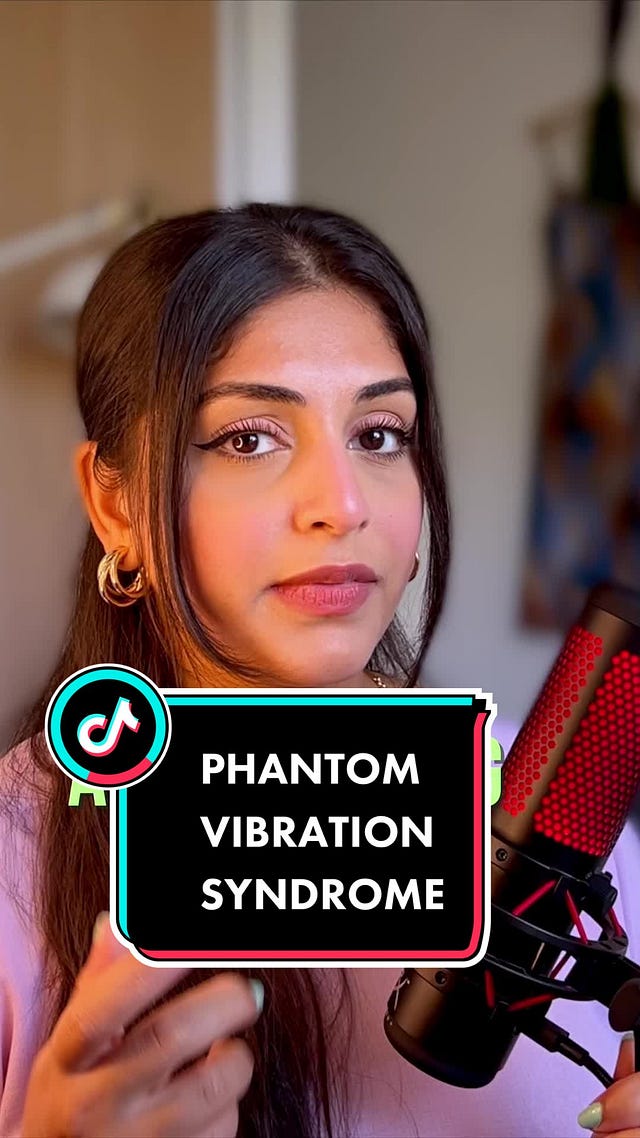Phantom Vibration Syndrome: When the Body Feels More Than the Mind
The notification doesn’t come, but the body believes it.
Tuesday evening on Earth. Thank you for reading this letter, we’re 3.2K humans around here. Feel free to share and recommend.
Because of our digital habits, phantom vibration syndrome is on the rise. These light hallucinations, seemingly anecdotal at first glance, betray an overload of our attentional system, which responds physically to our digital life.
The body anticipates the incoming notification on our smartphone. It senses it, imagines it, and eventually begins to produce it on its own.
An embodied liveness, between phantom limb and captive mind
Digital liveness, the quality or state of being alive through our connected behavior, does not operate only in the realm of ideas. On the contrary. Through continuous digital usage that blurs mind, smartphone, digital identity, and physical world, we now evolve in a dimension where the brain increasingly feels what happens through our screens. It's not just about emotions anymore: a full spectrum of sensoriality is at play. Waiting for a message becomes muscle tension. The uncertainty of a reply triggers bodily micro-anxiety. Our relationships, mediated through apps, affect our nerves, our skin, our breathing.
These false tactile or auditory alerts have a name: phantom vibration syndrome or phantom ringing. They affect a vast majority of heavy smartphone users.
According to Robert Rosenberger (Georgia Tech), we should compare this to wearing glasses. After a while, we forget they're on our nose. They become an invisible extension of the body. The same goes for the smartphone: it becomes a phantom limb, one through which sensations can emerge or extend. So much so that even a lost smartphone can still be felt by its owner, a phenomenon long observed since Ambroise Paré in the 16th century, who noted that patients with amputated limbs continued to feel pain in what was no longer there. What we are experiencing today is a technological version of that phenomenon: an impossible mourning for a device that is still physically present.
Colonized attention?
These hallucinations aren’t glitches. They are micro-symptoms of a larger disruption: that of a saturated mind, in a state of constant hypervigilance. An attention fragmented, splintered by the endless commands to respond, react, scroll. When nothing comes, it’s our brain itself that generates the alert. To fill the silence. To ease the waiting. Our brain isn’t broken—it’s simply reacting to a state of bodily expectation it now sees as normal.
The notification becomes a ghost. A tactile illusion. An algorithmic phantom.
Can we rid ourselves of these ghosts? Is it enough to turn off notifications or switch to airplane mode? Not quite. What they reveal is the depth of our fusion with the machine. This isn’t just phone addiction—it’s a transformation in how we relate to the world. In how we perceive, how we inhabit the present, how we feel our own body.
These false vibrations aren’t mistakes. They are messages—from our nervous system, from our fatigue, from our need to disconnect—but also, perhaps, to recompose a freer kind of attention.
The Stat of the Week: +41%
According to Google, brands that develop a strong, distinctive tone of voice have 41 points higher desirability.
Amazing links
Meta Shares Usage Insights in FTC Trial (Social Media Today)
Archive Is The New Black! (SUN Deluxe)
Be More Scarlett (LinkedIn)
Have a great week! This newsletter is written with love, passion, and (French) coffee. Feel free to share this newsletter, like, comment, or keep sending me emails: these notifications are a joy.
My book “Alive In Social Media” is still available on Amazon.







Love this piece Laurent. More than an addiction, it’s a physiological convergence. Just like they say when driving long distances “take breaks every 2 hours and roll down the windows to beat fatigue” should we have protocols in place for phone usage? Maybe?
Also love the amazing link to “Archive is the new black”… archiving as a process has been on my mind..